A Centre of Excellence in Planetary Space Science and Technology in Africa
- 1Botswana International University of Science and Technology, Earth and Environmental Science, Palapye, Botswana (franchif@biust.ac.bw)
- *A full list of authors appears at the end of the abstract
Planetary and Space Science and Technology (PSST) has been identified as a key area of investment in Africa as it provides graduates and young scientists with both the necessary soft and practical skills to face 21stCentury challenges, such as digital innovation. PSST for Africa means not only blue-sky research and skilled graduates in STEM disciplines but is intricately linked to socio-economic development. Many countries have already seen the benefits arising from PSST technology and industry for agricultural projects (SDG 2 - Zero Hunger), earth observation, communication networks, monitoring/prevention of disaster and geohazards (SDG 13 - Climate Action), space defence and telemedicine amongst others. It has been demonstrated that developments in PSST help the scientific community to address trans-boundary issues related to developmental and environmental problems, such as water management, and can consolidate international relationships, promote collaborations and optimize the use of limited funds. PSST is bound to create in Africa highly skilled jobs that are needed for socio-economic development on a continent that is rapidly embracing the 4thindustrial revolution.
Moreover, PSST has the potential to inspire young Africans and attract them towards STEM higher education programmes. PSST can excite the imagination of the public and stimulate the interest of young and old alike, especially when combining cutting edge discoveries with traditional knowledge.
During the 26thOrdinary Session of the African Union (AU), when the Head of States adopted the African Space Policy and Strategy as the first concrete step to realize an African Outer Space Programme. Finally, in 2019, at the 32ndordinary session of the assembly of the AU, Egypt was officially endorsed as the host of the headquarters of the AU African Space Agency, to be established in 2023.
A crucial step toward the achievement of the African space agenda and the creation of an African Space Agency is the modernization of the African Higher Education Institutes, including reskilling/upskilling of both support and academic staff. Existing projects, such as PAPSSN and DARA, present an innovative solution to this shortage of soft skills as they promote mobility for students in the area of remote sensing from space, planetary science, planetary geology, astronomy and astrophysics, within the tertiary education system across the continent.
A further, and crucial, step is to consolidate African (south-south) partnerships fuelling the growth of existing, excelling and promising teams already working towards the process of Africanizationof the quest to space exploration and promoting the creation of an African infrastructure for PSST.This has the potential of reducing isolation of African Higher Education Institutesand improve their international strategies by broadening the network to include other partners in the target countries including EU (as initiated by PAPSSN and Europlanet 2024 RI).
One way of achieving this ambitious goal is the creation of a Centre of Excellence in Planetary Space Science and Technology supported by a Pan African Planetary and Space Science Society that would do for Africa what Europlanet did for Europe: consolidate the community and expand the horizons of PSST research capitalizing on existing excellences and best practice.
Prof Gregory Hillhouse; Prof Gizaw Mengistu; Ms Chakandinakira Gadibotsile; Ms Joel Neo; Dr Ceren Ulusoy; Dr Adams Duniya; Prospery Simpemba; Dr. Joseph Simfukwe; Mrs. Cristabel Malama; Mrs. Yaki Namiluko; Prof. Augustine E. Chukwude; Dr Kingsley C. Okpala; Mr Christian I. Eze; Dr Nnaemeka Don Onyeuwaoma; Prof. Andrew Chen; Prof Roger Gibson; Ms Suraiya Buccas; Prof Iyabo Usman; Dr. Teshome Senbeta; Mr. Gedefaw Arega; Dr. Belayneh Mesfin; Dr. Feraol Fana Dirirsa; Prof. Barbara Cavalazzi; Mrs. Livia Mercatelli
How to cite: Franchi, F. and the PanAfrican Planetary and Space Science Network - PAPSSN Team: A Centre of Excellence in Planetary Space Science and Technology in Africa, Europlanet Science Congress 2022, Granada, Spain, 18–23 Sep 2022, EPSC2022-177, https://doi.org/10.5194/epsc2022-177, 2022.

